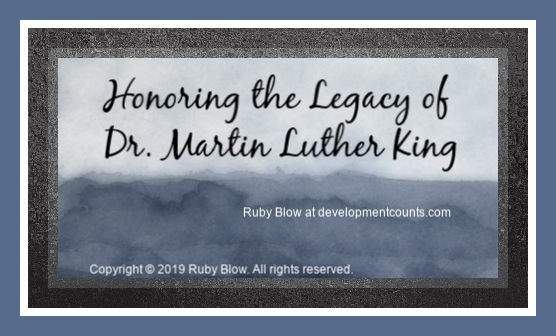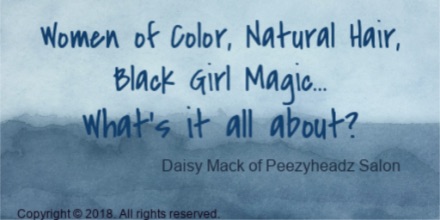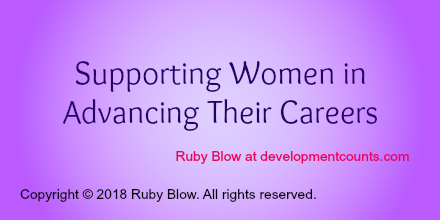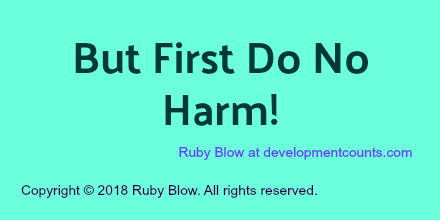Space at the Table
I consider myself to be an advocate for black women in regard to some of life’s challenges that are unique to us. Some of the challenges may be universal to all, in the sense that other people of various cultural identities can relate. What I really mean to say is that how we as black women are impacted is unique to us and varied among us. We are not a monolithic group. We don’t all think the same, believe the same, or want the same things. We don’t all experience racism the same way. What bothers one of us may not bother others and so on. One of our biggest and most universal challenges fundamentally has to do with whether we are supported, believed, valued and seen. All women face this….and women of color face it two-three fold their white or non-white counterparts. Our physical and emotional labor are presumed and our space at the table is not reserved.
Bias
I don’t hold myself up as an expert on race or race matters. I am quite simply a brown skinned black identifying (cis) woman living and working in Metropolitan Atlanta. I am a psychotherapist; an educator to those within my profession; a sister to my siblings and friends and a mentor to my supervisees and some colleagues. Like most Americans of African descent of my generation (Gen X) and older, I have an awareness of race, racial identity and how it manifests itself in the way I experience the world and the way the world views me. My brownness/blackness is an identifier that precedes me. Depending on how “other” I am to the perceiver, there are various ideas projected onto me. Some of which I have awareness of and other perceptions and projections that I have no way of knowing about. As human beings we take short cuts to chunk data and information quickly. So the expectations are “she will sound like this; her fund of knowledge will be that; her beliefs are probably this; and her habits are probably that.” What I know for sure from both my lived experience and literally the history of the world is that the closer your proximity to blackness (i.e. darker to darkest skin tones), the more negatively the automatic thoughts or biases are toward you. Period. The lighter one’s skin tone is or the more proximate it is to whiteness, the more generally positive attributes or biases are assumed toward you. More proximity to whiteness includes the presumption of competence, intelligence, attractiveness and friendliness.
Diminishment is Harmful for All
Now, I know many people would argue against this. “Many people” includes white people, white proximate people, black people and black proximate people. There are black people who diminish the impact of automatic negative assessments of black people and white people who do the same. Just like there are black and white people who acknowledge and view my statements above as valid. There are white people and people with a closer proximity to whiteness who express being pre-judged and and assumed to be harmful, oppressive, prejudiced or even racist. Generally speaking, white people and people with a proximation to whiteness feel misunderstood, hurt and even entitled. The general sentiment is that “They just don’t get it,” “I’m not privileged” and “You’re not a victim.” It is very easy to get pulled into an us-against-them mindset. A close relation to that is repeated activities, actions, or efforts to prove oneself. To show “I am not like them.” In other words, “I am not like those bad or racist people.” “I am different. I am me.” Many people believe that they have not benefited from racism or colorism and they don’t want to be saddled with any sense of responsibility for doing something about a reality they did not originate themselves. We – all of us – inherited this legacy of division. We will not conquer it by denying it exists. We will only scale it by being able to discuss it and diffuse its power. Racism and its offshoots have a deeply personal impact on those who are harmed by it. Therefore those who benefit from existing systems the most have the responsibility to dismantle it. Because quite simply, they have the power to do so. My light skinned black friend sees how differently she is treated than her dark skinned daughters. It is she who has the power to stand on their behalf. It is my white friends and extended family friends who can call upon their resources and networks to say “Here, try this way…when access is denied.” We all have different roles to play. We all have small things we can do that will make a big difference overall.
The Reverberation Effect
There are a legion of light, brown, and black identifying women trying to reduce their risk of harm from emotional, physical, social, spiritual, institutional and political aggression from outside forces which reverberates within one’s own community as an internalization of perpetual messages: “You are less than, you are chattel”, “You are a work horse; you do not deserve rest”, “You do not deserve pay; you do not deserve legitimization”, “You are lucky to be present in this space.” When the truth is the world is lucky we are here. Because we are in fact…here. And more of us are uncovering that we don’t need to ask for permission or acknowledgment. We can just be. We don’t have to be loyal to a fault and work ourselves to death or accept the unacceptable. We can in fact celebrate ourselves and celebrate one another and co-create spaces for healing ourselves and seeing one another. The worst and most insipid thing about racism and colorism is the denial that they exist. To deny their existence is to deny the realities of so many people who deserve not only a seat at the table but plates, utensils, cups and a pass at the serving platter. To not see something decreases one’s ability to say something and do something. We must all pay better attention to how the least valued among us are treated as it rapidly becomes a reflection of society as a whole. What is visited among one of us affects all of us.
Copyright © 2019 Ruby Blow. All rights reserved.
Share your thoughts on Linkedin, Facebook, Twitter, Instagram or log in to one of your accounts below to comment. Subscribe to my YouTube channel.





